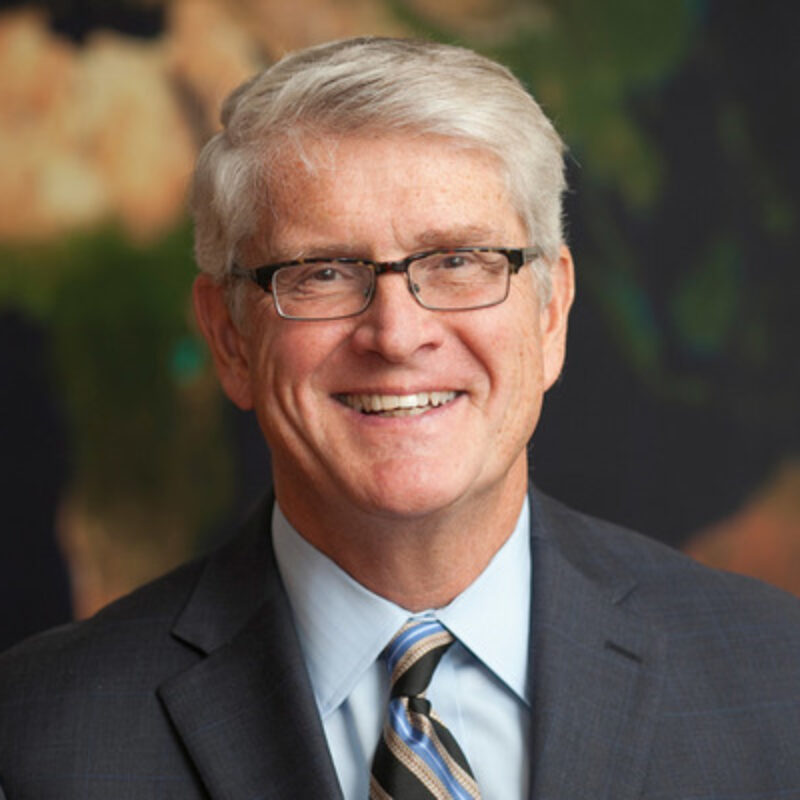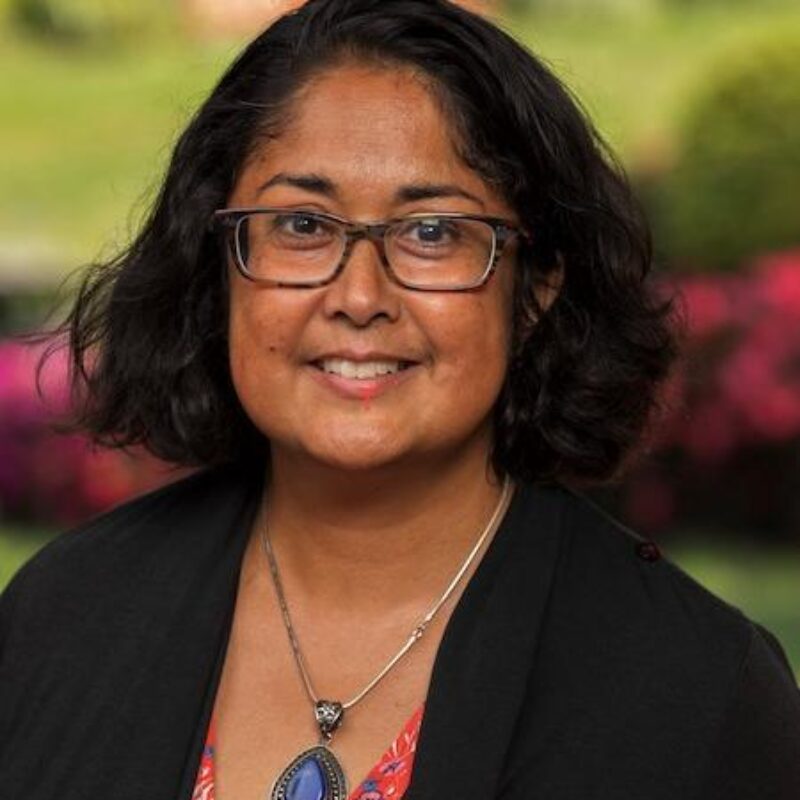Faculty Trustees
- Faculty Trustees are elected by the faculty and serve four-year terms on the Board of Trustees.
- They are voting ex officio members of the Faculty Senate.
Current Faculty Trustees
SC Johnson College of Business
Dyson School of Applied Economics & Management
(607) 255-7685
drl5@cornell.edu
More Information about David R. Lee
David R. Lee is international professor in the Charles H. Dyson School of Applied Economics and Management, and Provost’s Fellow for Internationalization in the Office of the Vice Provost for International Affairs at Cornell University. He received his BA degree from Amherst College and MA and PhD degrees from the University of Wisconsin-Madison. His research focuses mainly on the interface between economic development, agriculture, and the environment, including food security, sustainable agriculture, technology adoption, environmental services, climate change, and agricultural and environmental policy. He has conducted research or consulted in nearly 30 countries, principally in Latin America, but also in Sub-Saharan Africa, the Middle East, and South Asia. He has served as a visiting economist in the Food and Agricultural Organization of the United Nations (Rome), in the chief economist’s office of the U.S. Agency for International Development (Washington, DC) and in the Economic Research Service of USDA (Washington, DC); as a visiting fellow at the Fondazione Luigi Einaudi in Turin, Italy; and as a visiting professor at universities in Italy, the Netherlands, Venezuela, and Honduras.
Prof. Lee teaches a university-wide undergraduate course, “International Trade and Finance,” and a graduate course, “Natural Resources and Economic Development.” He has served as an economic consultant and technical advisor for many organizations, including the World Bank, FAO, USAID, UNDP, the Rockefeller Foundation, and the Bill and Melinda Gates Foundation. In both 2007 and 2011, Prof. Lee was a co-recipient of the World Bank’s “Green Award,” awarded annually by the Environment Sector Board of the World Bank to recognize excellence in addressing environmental and sustainability concerns in the bank’s country programs around the world.
More Information about Durba Ghosh
My teaching and research focus on the history of British colonialism on the Indian subcontinent. I am the author of two books, and more than a dozen journal articles and book chapters; in one way or another, they all focus on the relationship between colonial agents, officials, and elites and those who were colonized. Since I arrived at Cornell in 2005, I have taught courses on modern South Asia, the British empire, gender, and colonialism.
In 2023-24, I will be on sabbatic leave working on my next book, Moving Monuments, which follows the movement of commemorative statues made in studies in London and the British isles to various sites across the empire, most notably the Indian subcontinent. I have already published a few pieces related to this project: showing the relationship between colonial and confederate statues, explaining why there is no Rhodes statue in London and how George Curzon built a memorial hall in the city of Calcutta (now Kolkata).
My first book, Sex and the Family in Colonial India, is about conjugal relationships between colonial officials and residents and local women in India; the book focused on gender, culture, law, archives, and colonial governance in eighteenth- and nineteenth-century India. In connection with this research, I teach courses on South Asia, gender, sexuality and the state.
My recent book, Gentlemanly Terrorists, focuses on an underground radical political movement in early and mid-twentieth century India and the ways in which political violence against the British colonial state became an important, but historically underemphasized, form of protest. While Gandhi’s nonviolent protest movements are often seen to be the hallmark of anticolonial protest, the book follows how the colonial state invested in security and emergency legislation to contain what they felt was an active terrorist threat. In the process of writing this book, I have become fascinated with the ways that political violence has become a central part of popular historical narratives.
At Cornell, I have been involved with the Humanities Scholars Program, the Feminist, Gender, and Sexuality Studies program, the South Asia Program, the Mario Einaudi Center for International Studies, the Society for the Humanities, the Institute for Social Sciences, the CIVIC initiative that emerged out of the Radical Collaborations projects. Further afield, I have served on program and prize committees for the American Historical Association, American Institute of Indian Studies, Association of Asian Studies, Berkshire Conference of Women Historians, and North American Conference on British Studies. I am currently an associate editor for South Asia for the Journal of Asian Studies and the co-chair of the Association of Asian Studies conference in 2025.
Faculty Trustee Legislation
Under the terms of the 1984 amendment to the university charter, there are two faculty trustee positions on the Board of Trustees.
A faculty member who has served as faculty representative on the Board of Trustees or as faculty trustee for more than one calendar year shall not be eligible for nomination for the office of faculty trustee for a term commencing less than two years after the expiration of the former term. While professors emeritus, if resident in Ithaca, and members of the faculty serving as university administrators, deans, or directors are eligible for nomination, preference shall be given to active members of the faculty who do not hold such offices.
When acting as faculty trustees, faculty members are privileged to express their independent opinions and judgments. However, in view of the fact that the faculty, when it wishes to inform the Board of Trustees of its views, does so either by requesting the president to transmit them to the board or by establishing a special faculty committee to confer with a trustee committee appointed by the board, faculty trustees shall not assume to speak for the faculty, unless expressly authorized by the faculty to do so in particular cases. They may, however, state their opinion as to the probable faculty reaction to any proposal affecting academic or educational policy.
Ithaca-based faculty trustees shall be ex officio voting members of the Faculty Senate. The Committee on Nominations and Elections canvasses the faculty; prepares a slate of trustee candidates for Faculty Senate approval; and circulates a mail ballot, using the Hare system, to all voting members of the University Faculty. The candidate receiving the majority of votes is elected for a four-year term. The results of the election are reported to the President.
IRS Disclaimer
All candidates for faculty, staff, and student elected trustee positions should note that if elected the university, must report the salaries paid to any trustee on its annual IRS Return of Organization Exempt from Income Tax (Form 990). This document is publicly available.
Who is eligible to serve as Faculty Trustee?
Faculty Trustees must be tenured members of the University Faculty and are elected by members of the University and RTE Faculties who have university voting rights. (Article IV, A, #2 in Faculty Handbook)


